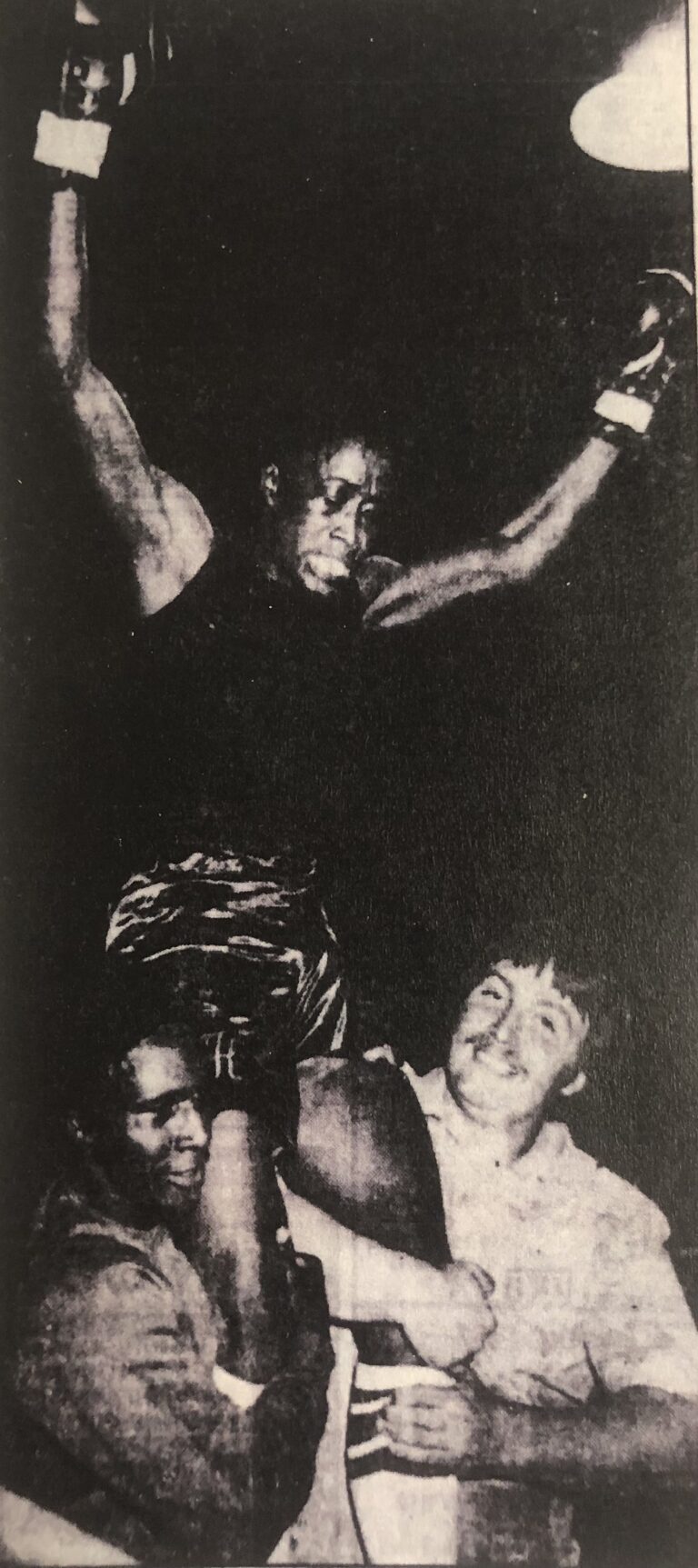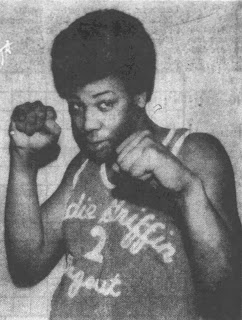Amateur boxing in Wisconsin would take a giant step forward with the adoption of a bill to bring the state into the 20th or even 19th century. In the last session the bill was vetoed by then-Republican governor, Scott McCallum, now job seeking as Democrat Jim Doyle has taken over leadership of a state that is in serious fiscal distress.

Assembly Bill 163 again has been presented for sponsorship to legislators by Milwaukee Assemblyman Pedro Colon (Dem-Milwaukee). To date, Colon’s office reports, there has been good bi-partisan backing and, importantly, the former speaker of the Assembly, Scott Jensen (Rep-Town of Brookfield) has signed on. The bill is expected to be introduced around Feb. 14.
Assembly Bill 163, in effect, brings Wisconsin into the main stream by laying off state control of amateur boxing in favor of the controlling authority, USA Boxing. The state now sends its own officials to an amateur boxing event who operate under a whole set of rules that both vary and coincide with Olympic-style boxing as it is conducted throughout the country.
With AB 163 USA Boxing would oversee amateur boxing in the state exercising its stringent safety measures and putting qualified officials in charge of the events. State regulators would be declared excess. Oversight would go to an organization that has an exemplary safety record and decades of experience in running amateur boxing events. Aside from the additional expense that state regulation requires with attendant cost, boxers would have an opportunity to compete at an earlier age — 8 instead of 14. Wisconsin is the only state in the country with such a situation. USA Boxing runs amateur boxing in 49 states.
Opponents of the bill are few and misguided. The State Medical Society confuses amateur boxing with professional boxing and brings in arguments against boxing saying it is dangerous and, by passage of the bill, would be put in a position of having no effective rules. This position is nowhere near the truth as can be seen from USA Boxing’s exemplary safety record. The Society present arguments that essentially oppose professional boxing making a frequent mistake confusing professional and amateur boxing, a sport that has an extraordinary safety record.
When the bill was presented last year it became tangled up with the state’s budget bill. The then-governor vetoed the bill stating at the time that the measure should stand on its own feet and not be entangled in a fiscal measure that had little connection. Amateur boxing enthusiasts were stunned by the veto and vowed quick remedial action.
The state is in a serious fiscal plight to which the current system of boxing regulation adds. The state’s regulation of amateur boxing costs more than it takes in, according to the Department of Regulations and Licensing.
Most important, to the boxing community would be lowering the age, from 14 to 8 years, when Wisconsin amateur boxing competition could start. Safety is the name of the game as far as USA Boxing is concerned. If the sport becomes unsafe it would mean the end of that organization.
Amateur boxing is a safe sport, far exceeded in number of injuries by many popular athletic activities. Hockey, football, gymnastics and in-line skating see serious injuries far more often than amateur Olympic-style boxing, which ranks 23rd in terms of safety. Amateur boxing is a totally different sport than pro boxing, which the state would continue to control as it has since 1913. Amateur boxing is one of the most regulated sports in all-amateur athletics. It is in the interest of USA Boxing to continue that experience.
For Wisconsin, passage of the new measure would permit earlier training for aspiring boxers. It is rare when a Wisconsin boxer achieves any degree of success. Because she or he cannot compete until they are 14 years old everyone passes them by putting Wisconsin boxers at a huge disadvantage. As Gary Pliner of Janesville, Region 6 coordinator for USA Boxing in the state, points out, “Our kids from 8 to 14 years old are deprived of the opportunity to compete in any type of boxing event in Wisconsin. When they’re 14 our guys (and girls) have three or four bouts at the state level, and when they get to the Junior Olympics, their opponents have had 25 or 30 bouts. Its tough for our guys to compete.” Hector Colon (no relation to Assemblyman Colon, who is sponsoring the bill) was the last Wisconsin boxer to win a Junior Olympics national title and that was in 1988. One other amateur boxer, LeChaunce Shepherd of Milwaukee, won an U.S. amateur title in 1997, the first such title in 14 years.
Safety is about the only argument presented against the bill and the record is distinctly clear. Officials are highly trained to protect the boxers. A bout is stopped when it is obvious that one boxer is outclassed by her or his opponent. In case of an injury a doctor is at ringside evaluates the condition of a competitor and has complete authority to terminate the match if he feels it necessary.
Colon’s office expects the bill to pass this time around saying there is substantial support from all areas. WBAN will monitor the situation as the Wisconsin legislature is in session.






